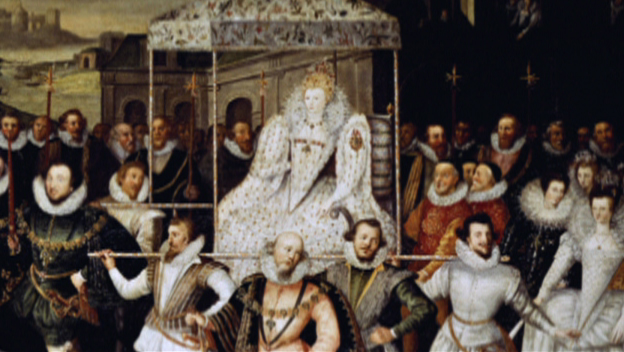Recent Posts
- Watch Goodbye Solo Online
- Watch Dreamscape Online Hitfix
- Watch Animals Online Ibtimes
- Watch The Posthuman Project IMDB
- Watch The Mortician Online
- Getting High! Full Movie In English
- Watch Beyond A Reasonable Doubt Streaming
- Watch Online Watch An American Girl Holiday Full Movie Online Film
- Watch Sheena Online
- The Berlin File Movie Watch Online
- Redeye Full Movie Part 1
